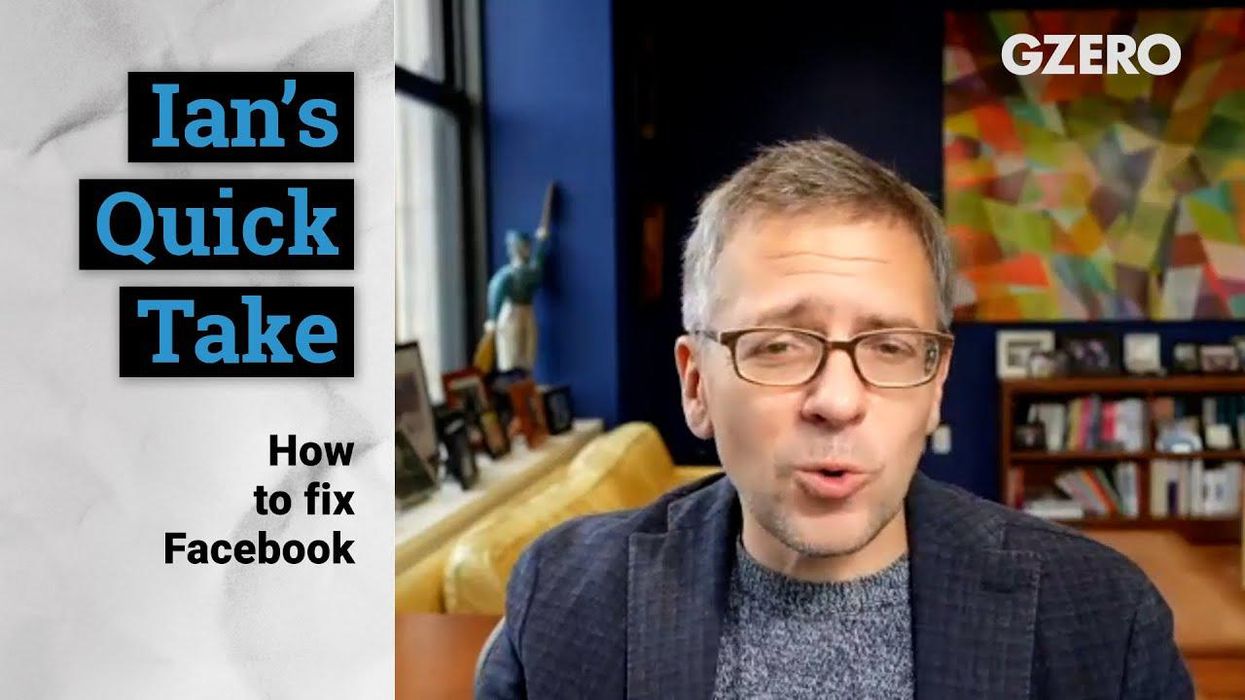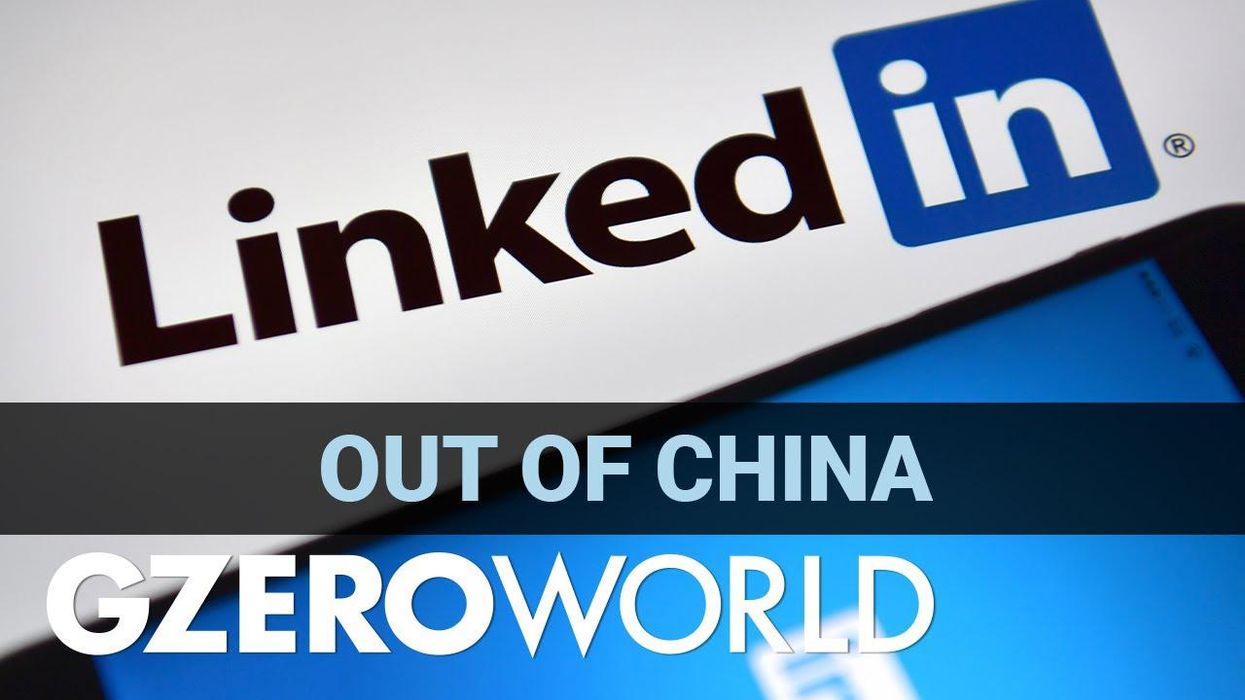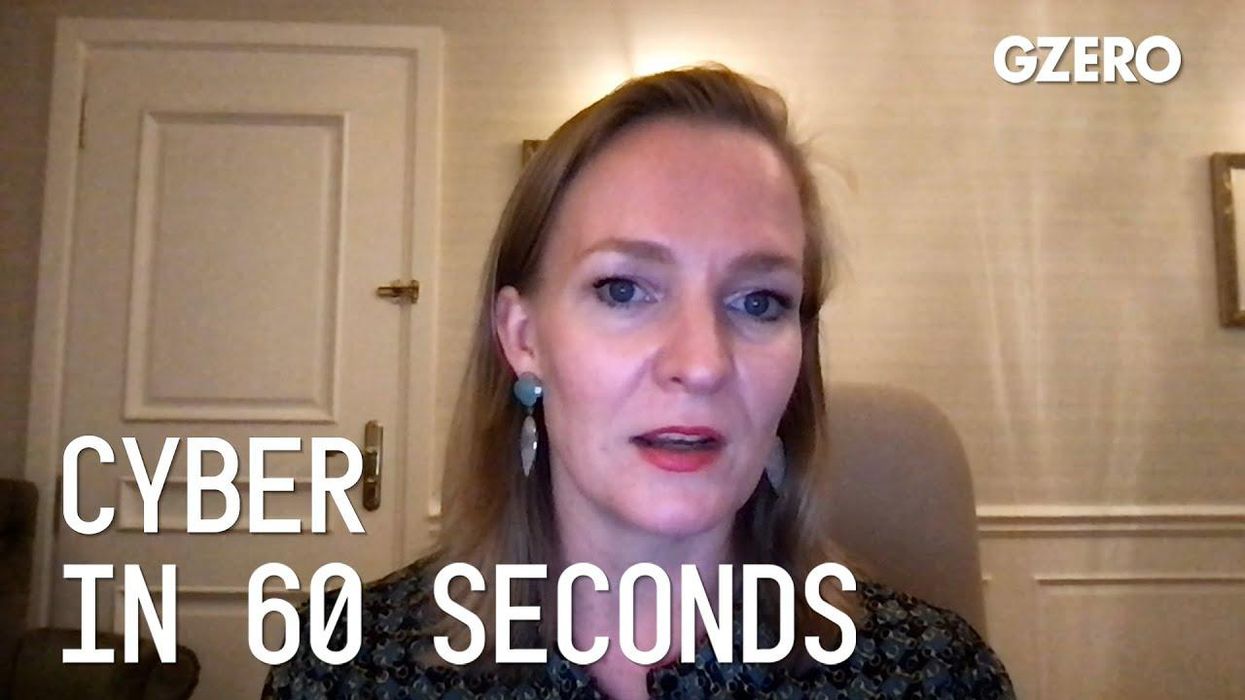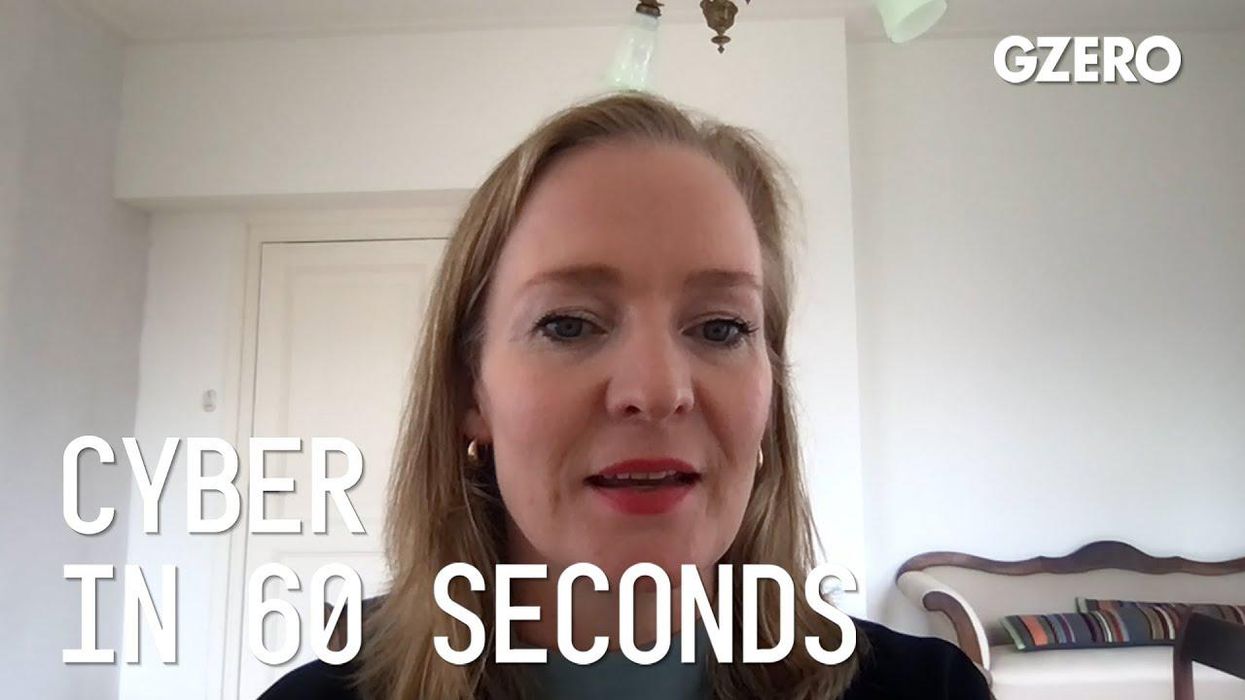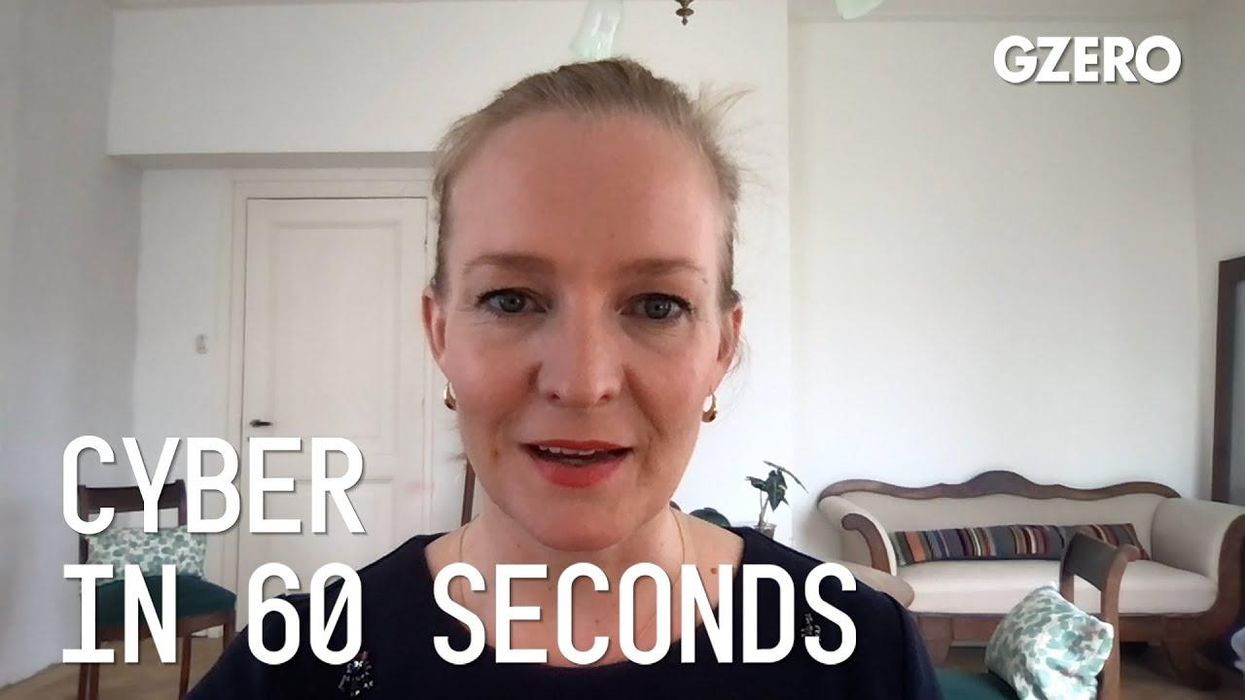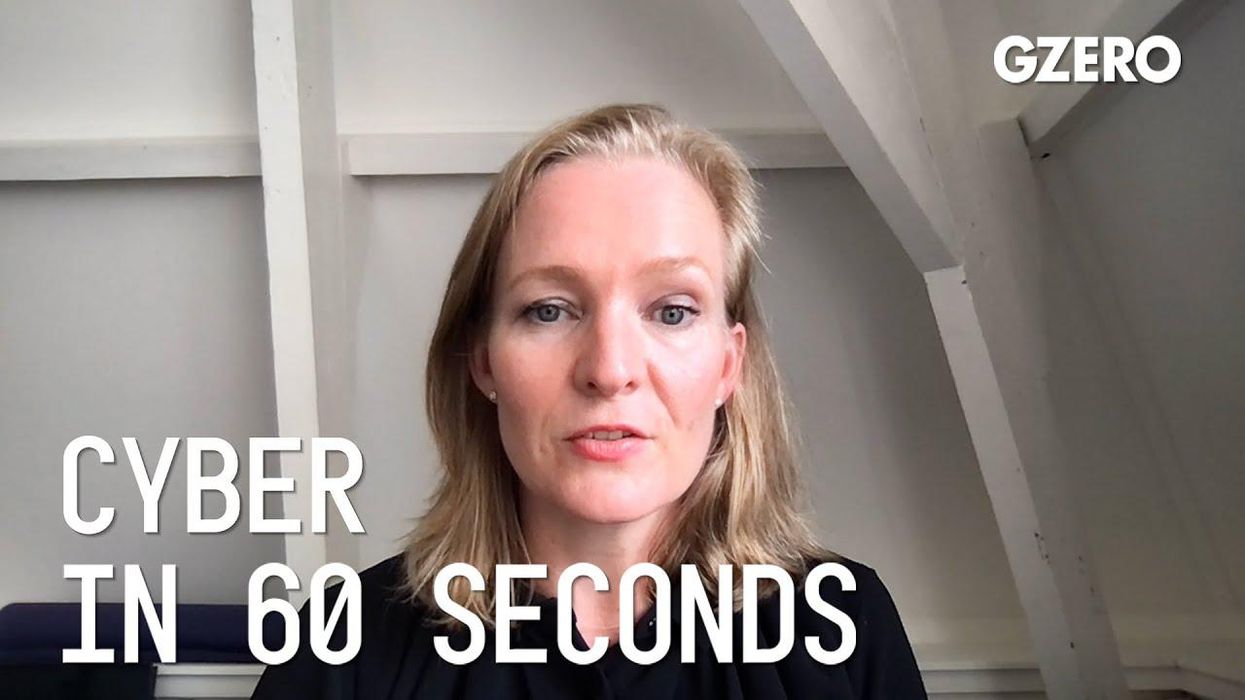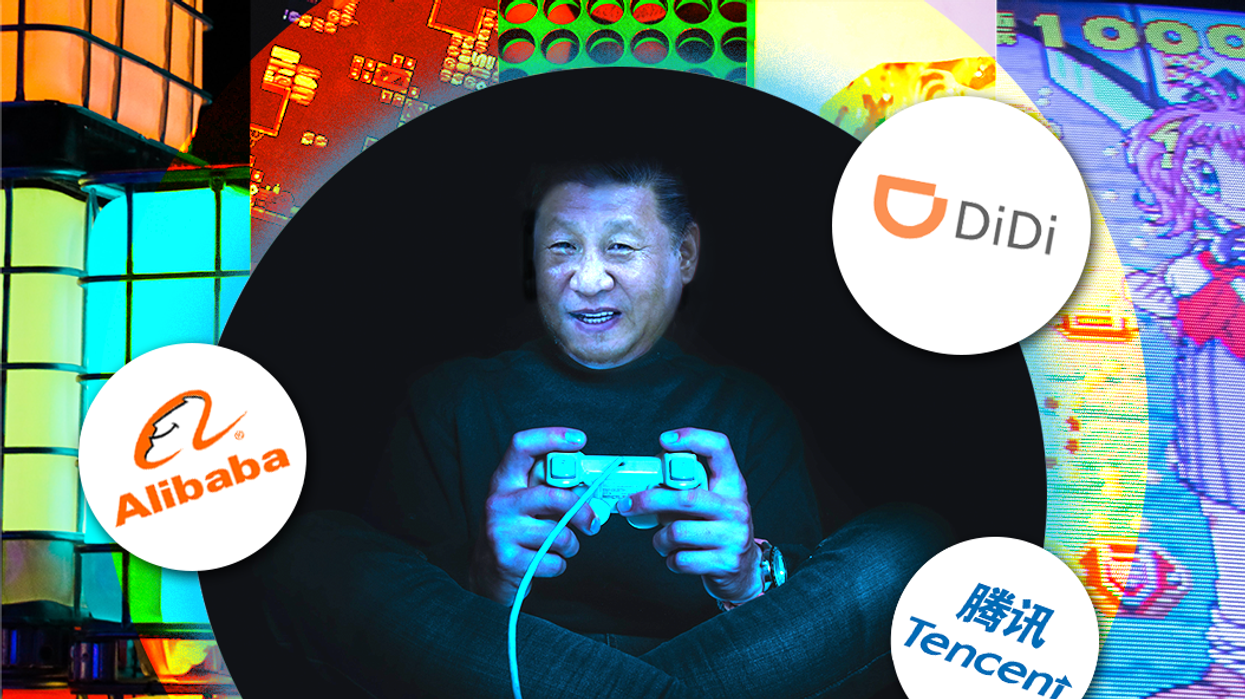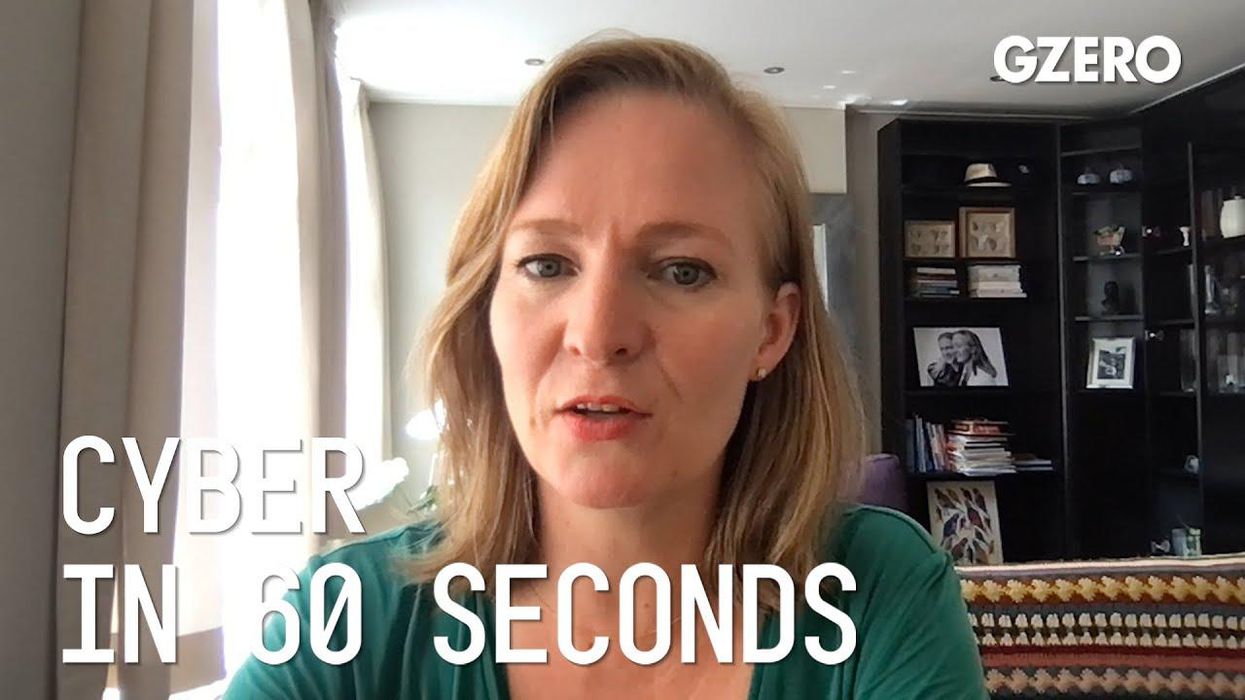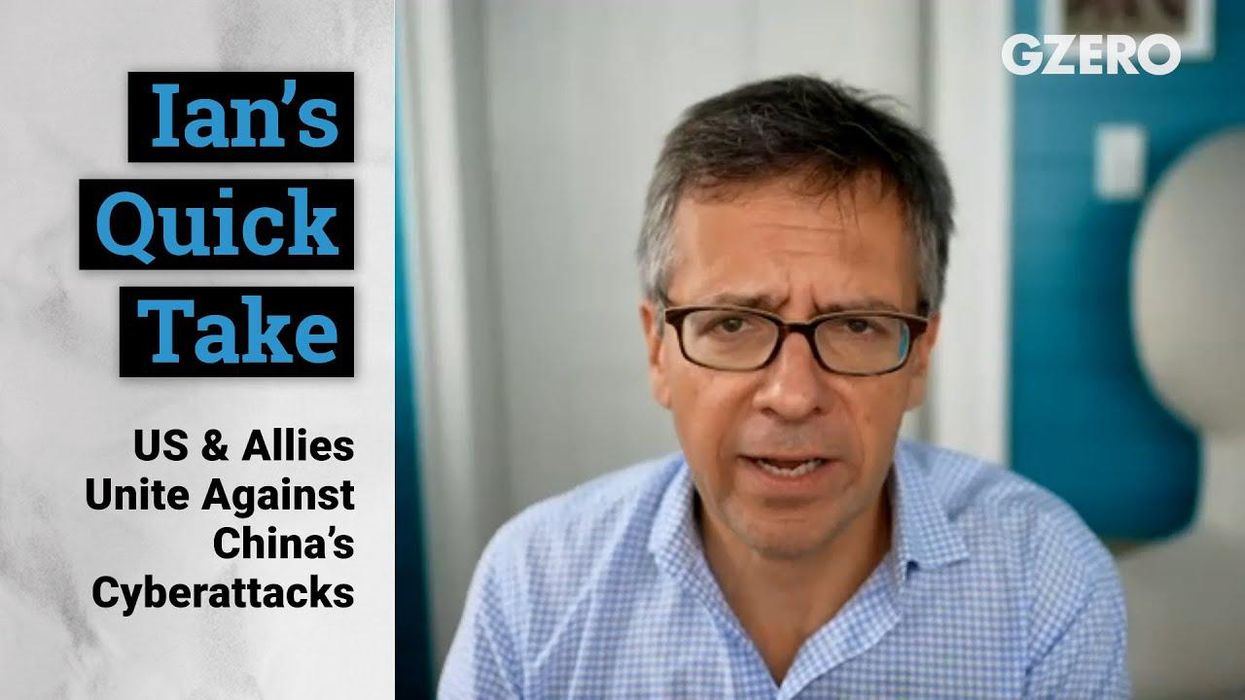GZERO World Clips
Nicholas Thompson on China's tech U-turn
Six months ago, China's tech giants were champions of the state, working with the government to conquer US Big Tech. But then Xi Jinping started cracking down, and a trillion dollars in their market value is gone. Huh? For Nicholas Thompson, CEO of The Atlantic and former editor-in-chief of WIRED, it makes sense for Xi to go after cryptocurrencies to ensure they don't replace the yuan. But going after national tech champions, he says, could be fool's errand because it's inevitable they'll someday become more powerful than the state itself.
Oct 27, 2021

